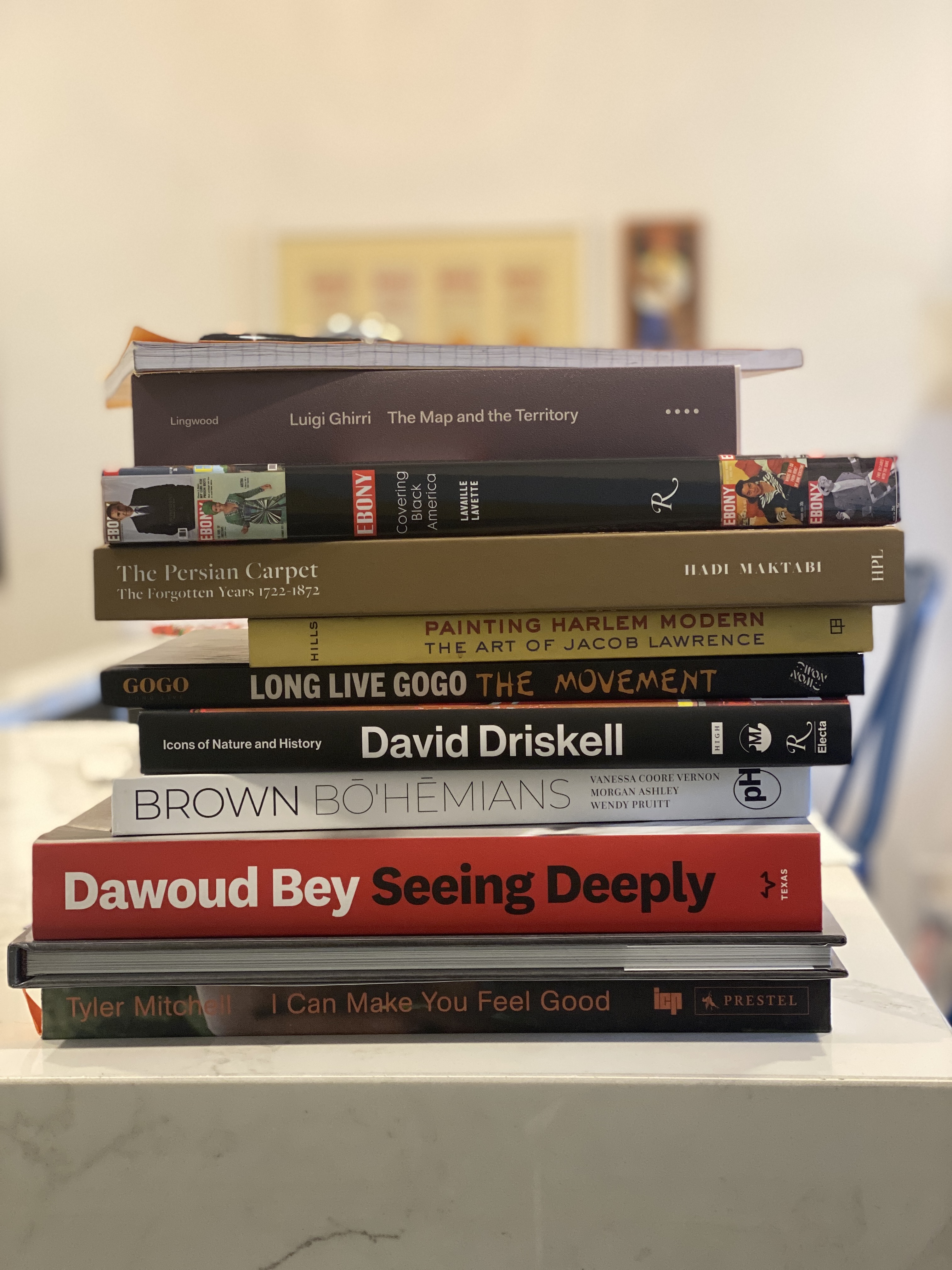Provocations
America has a push and pull relationship with youth. In popular culture we are obsessed with it. In politics we are dismissive. In California, the budget reflects a lack of faith in the future, despite any platitudes that the children are the future. California spends over $50,000 more per prisoner than per student. Despite nationwide organizing to lower the voting age to 16, only a handful of municipalities permit it. Youth climate activists are summarily dismissed as naive and unstrategic by adult politicians. Youth is powerful in its imaginary potential but not, it would seem, in practice.
Jason Reynolds is an author writing against this belief. An author writing for young people. He crafts complex stories for young audiences that are both unflinching and generous. As a result, young people who read his books thank him for treating them like humans, both as readers and as characters. His practice is one that not only intentionally cares for young people, but also paints adult characters as navigating a complicated world who love and care for young people, if not in perfect ways. Our interview with Jason raised three points of further inquiry about how our practices of care with and for young people can evolve in order to strengthen belonging for all.
1.
Young people are whole people — not half-formed — and systems and practices should reflect this
Jason treats young people as whole formed people, and he writes and talks with them with this conviction. It starts from Jason remembering and identifying his own 10-, 12-, 16-year-old self and loving himself at that age. It's a reminder that for the most part, society treats young people — juveniles and minors — as partial people, without the same rights or respect as “adults” (a term that Jason also questions). The point is not that young people won’t grow, experience new things and change, but that at any age, we are fully human. Likewise, a 40-year-old will change by the time she is 60.
What would it mean to honor this dynamic wholeness in government and law? How would full rights and responsibilities for young people require more care from adults? What legal and practical realms are at the forefront of this possibility?
In Germany, France, the United States and other countries, youth climate activists have brought intergenerational lawsuits on behalf of future generations. In California, Power California is working with young leaders around the state to lower the voting age to 16. Youth Participatory Action Research also points to a shift in research methodology that can shift notions of expertise in planning for cities, schools, transportation and more. In other words, what would it mean for society as a whole for young people to have an actual, active seat at the table?
2.
Language has the power to care through tending imagination
Jason believes in the power of language, a power first conveyed to him by his mother, “I never got that goo-goo gaa-gaa,” he reflected. Instead, his mother used language to build his own belief in himself.
But language is also a marker of hierarchy. Mastery of language helps us pass tests to enter elite space and language can act as police to whose knowledge is valued and made actionable in academia, law, government and other sectors.
Jason instead asked us to think about how language can be used to tend imagination — making up words, combining words, shifting meanings, combining languages. In some ways, it requires us to reflect on the core functions of language, its role in education and the maintenance of social hierarchies. Jason asks us instead to think about language as a practice of care for ourselves and each other.
How are we encouraging young people to use language? In what ways does language enforce othering in your sector? How might you use language that reflects care and belonging?
3.
We need complex intergen-
erational relationships reflected in stories
It can be challenging to find children’s or young adult movie or book recommendations where the parents don’t die. In children’s and young adult stories, it's a classic hook that propels the young main character along their quest. But it also means that parent-child or adult-child relationships are either absent or simplified into a villain or guide relationship.
Jason is intentional about writing adult characters who are complicated but caring for young people. In doing this, Jason jumps over the supposed generational gaps that divide young people and adults, reflecting instead that the complications of our childhoods shape who we are as adults.
What are our popular models for adult-child relationships? How many of these caring and yet not idealized? How does this shape our self-conception of what it means to be an adult caring for young people?

